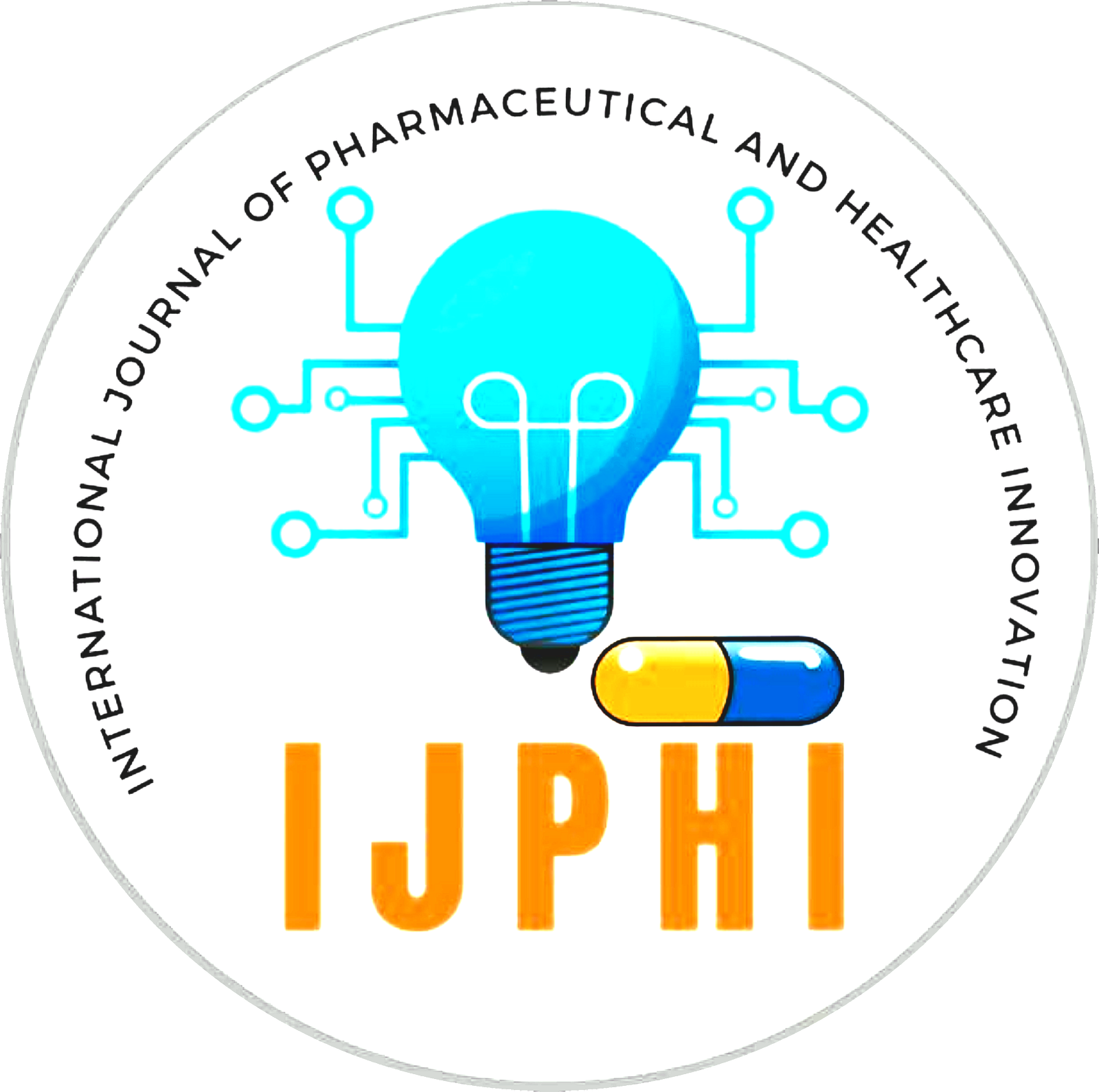Antidiabetic Activity of Polyherbal Formulation in Alloxan-Induced Diabetic Rats
DOI:
https://doi.org/10.62752/wgnc5725Keywords:
Polyherbal formulation, FACC-2, FACC-4, FACC-6, Antidiabetic activity, Alloxan-induced diabetesAbstract
Background and Objective: Diabetes mellitus is a prevalent chronic metabolic disorder necessitating effective therapeutic approaches. Traditional medicinal practices offer a promising avenue for novel antidiabetic agents, with polyherbal formulations garnering attention for their synergistic potential. This study aimed to evaluate the antidiabetic efficacy and safety of a polyherbal formulation (FACC) comprising Fenugreek, Ajwain, Cumin, and Chickpea in alloxan-induced diabetic rats.
Methods: Plant materials were meticulously collected, authenticated, and subjected to extraction. Three different strengths of FACC were prepared for dose optimization. Acute toxicity studies were conducted following OECD guidelines. Diabetes was induced in Wistar albino rats using alloxan, and FACC was administered orally for three weeks. Blood glucose levels and serum biochemical parameters were assessed, and histopathological examination of pancreatic and hepatic tissues was performed. Results: Acute toxicity studies revealed no adverse effects of FACC even at high doses. FACC-treated rats exhibited significant reductions in blood glucose levels in a dose-dependent manner compared to diabetic controls. Systemic improvements in metabolic and liver function markers were observed in FACC-treated rats. Histopathological examination confirmed the preservation of tissue integrity in pancreatic and hepatic tissues.
Conclusion: The polyherbal FACC demonstrated promising antidiabetic effects with a favorable safety profile in experimental animal models. These findings suggest that FACC could be a potential therapeutic option for diabetes management, warranting further investigation for clinical translation.

Additional Files
Published
Issue
Section
License
Copyright (c) 2024 Pharmacytalk2us

This work is licensed under a Creative Commons Attribution-NonCommercial 4.0 International License.
All articles published in the International Journal of Pharmaceutical and Healthcare Innovation (IJPHI) are licensed under the Creative Commons Attribution–NonCommercial 4.0 International License (CC BY-NC 4.0). Authors retain copyright of their work and grant the journal the right of first publication. The published material may be used, shared, and reproduced for non-commercial purposes with proper attribution.
© IJPHI GLOBAL PUBLISHER PVT. LTD.










